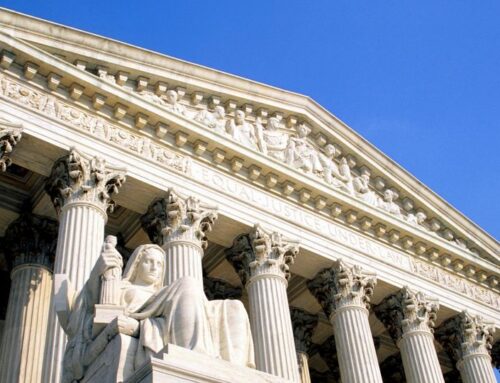Under the Fith Amendment, you are not obligated to disclose your identity to police if the disclosure would incriminate you. In other words, you must reasonably believe that the disclosure of your identity could be used against you in a criminal prosecution or could lead to other evidence that might be used against you.
Let’s imagine that you are a minor who has been drinking alcohol at a party at your friend’s house. The police receive a noise complaint from a neighbor and decide to investigate. Officers arrive at the home, knock on the front door, and ask for permission to enter. Your friend, who doesn’t understand that he has a right to refuse the police entry, opens the door wide open and motions the police to come inside. Suddenly the officers are questioning everyone at the party about their age and asking for their identification.
What should you do?
You have an absolute right under the Fifth Amendment not to produce your identification or answer any questions regarding your age. You are protected against self-incrimination by the Fifth Amendment since you have a reasonable belief that the disclosure of your identity would allow the police to determine your age and use the evidence against you in a criminal prosecution.



Leave A Comment